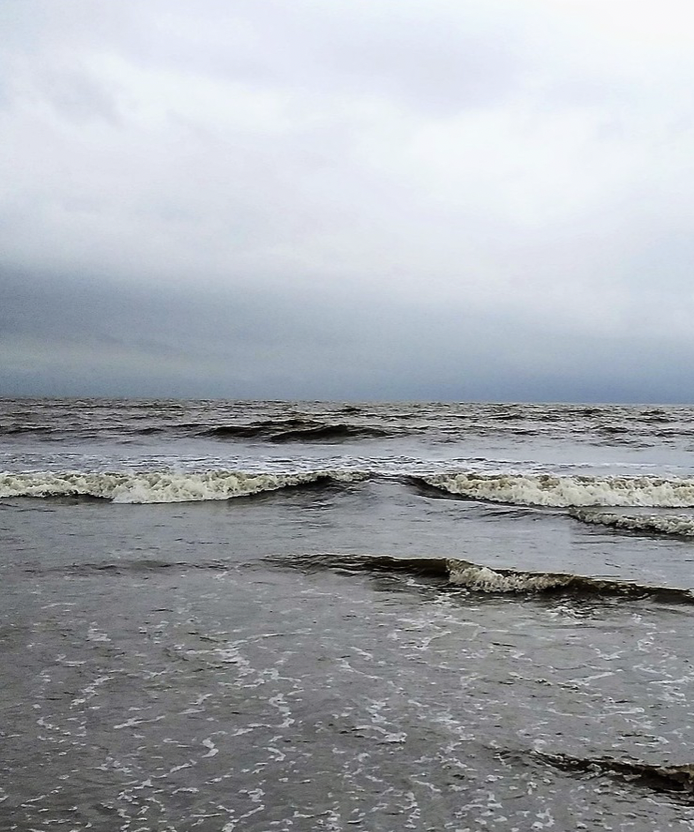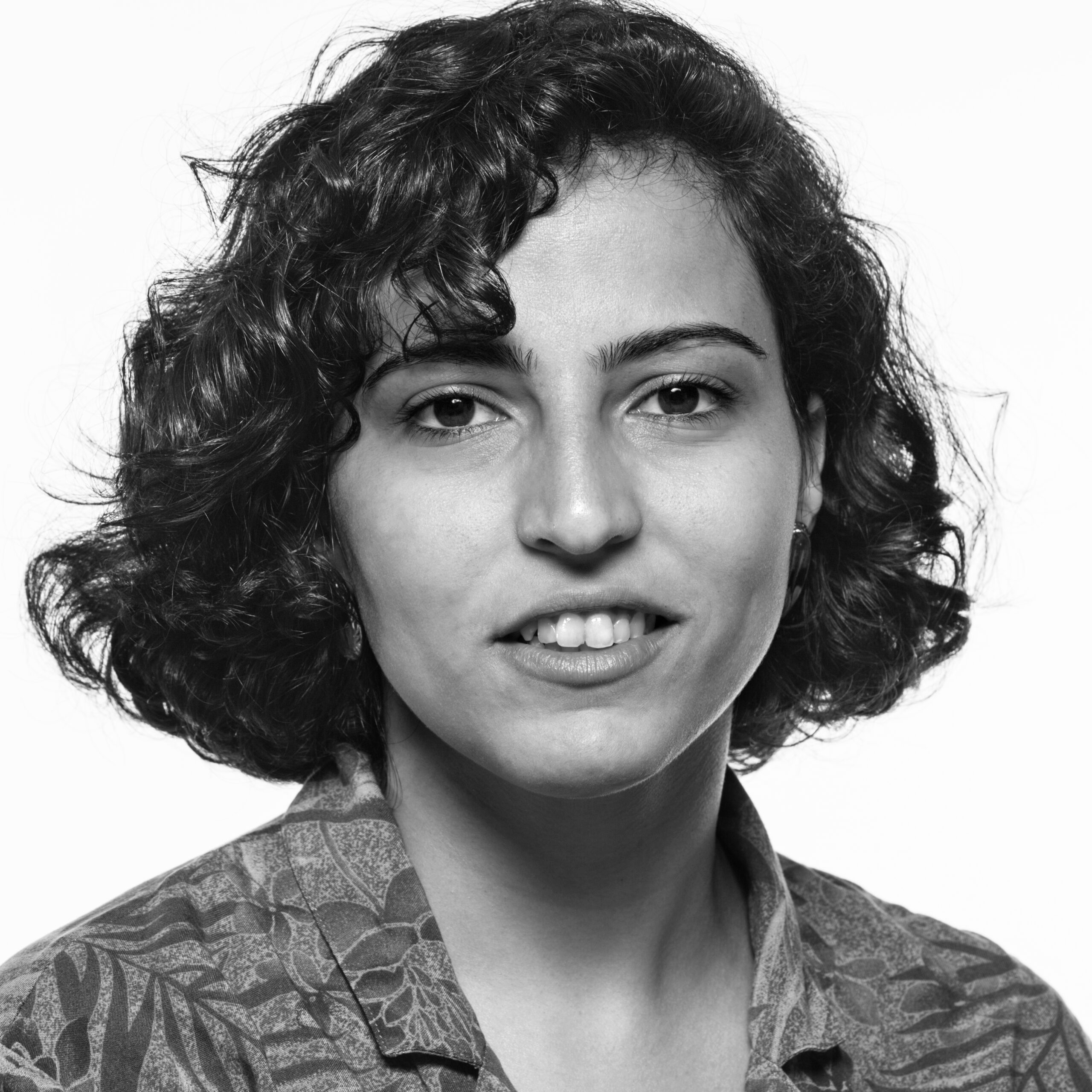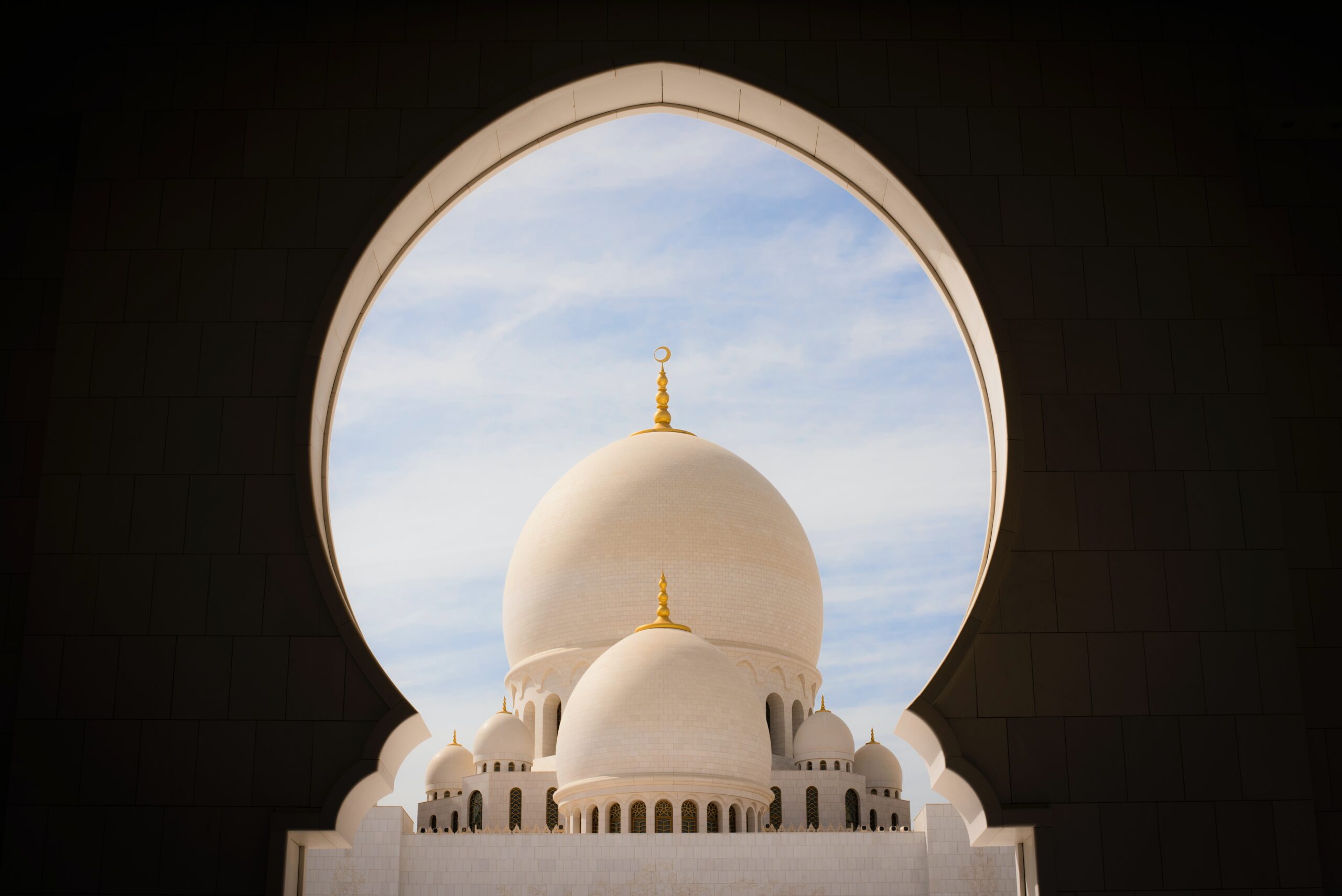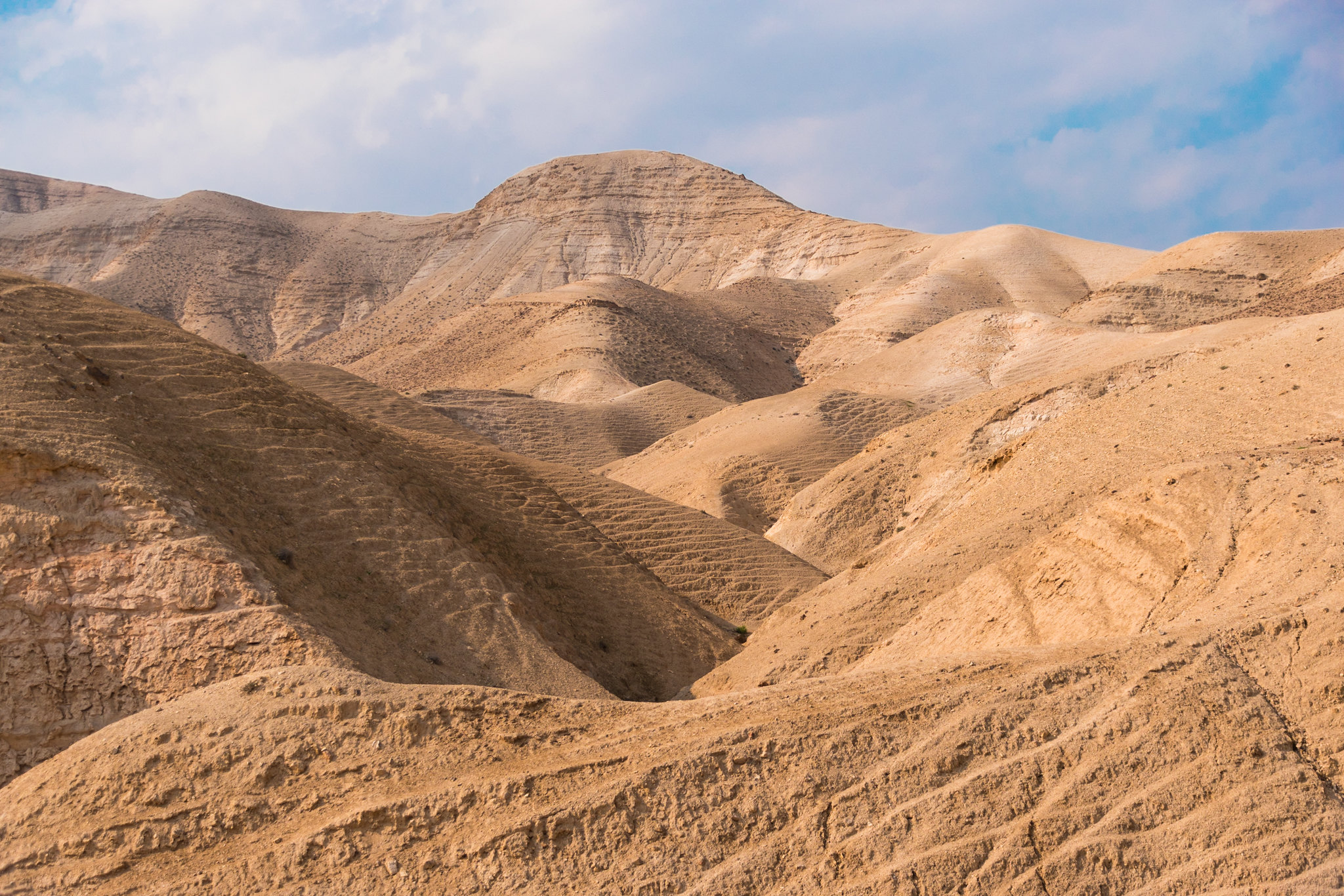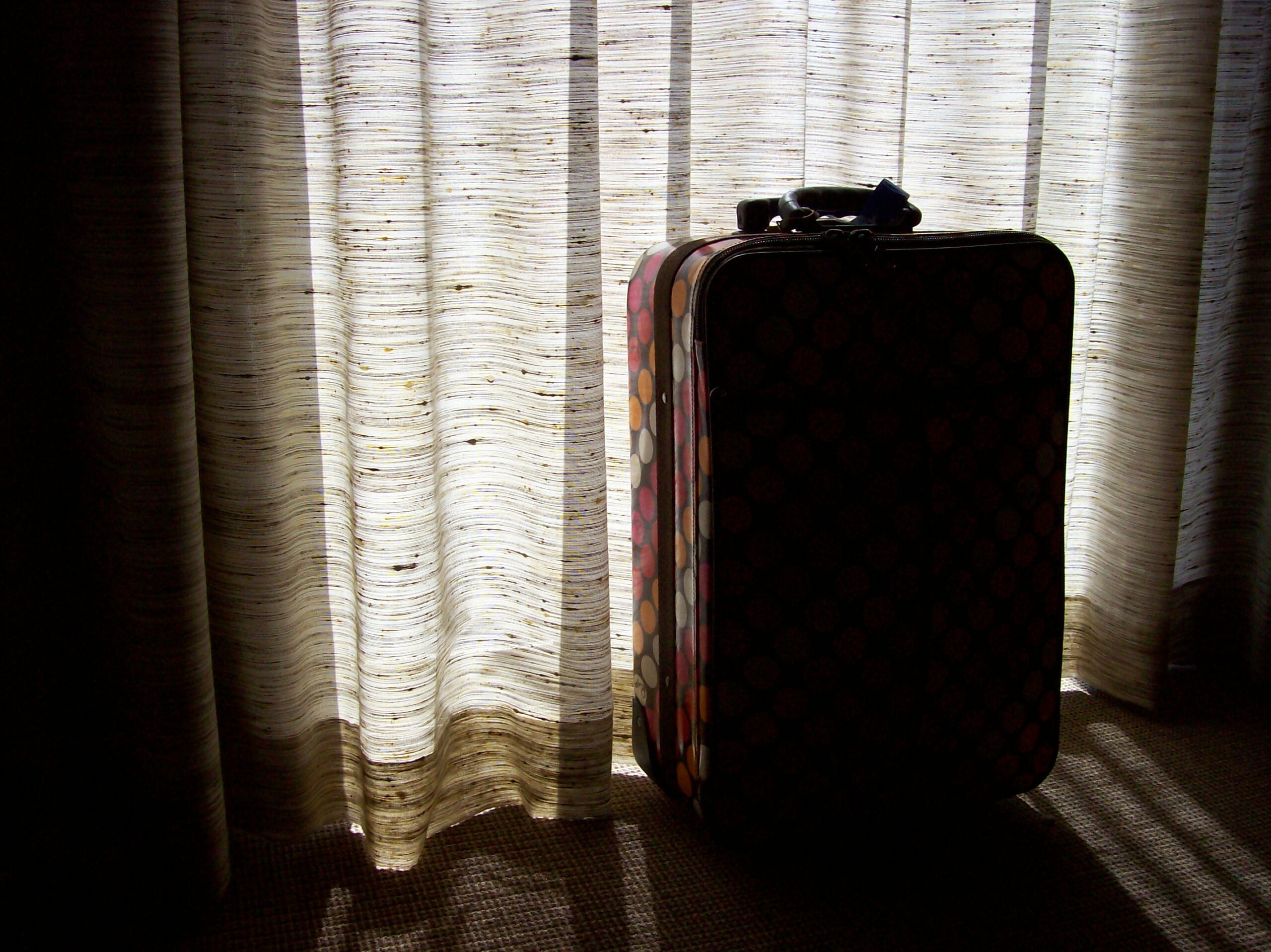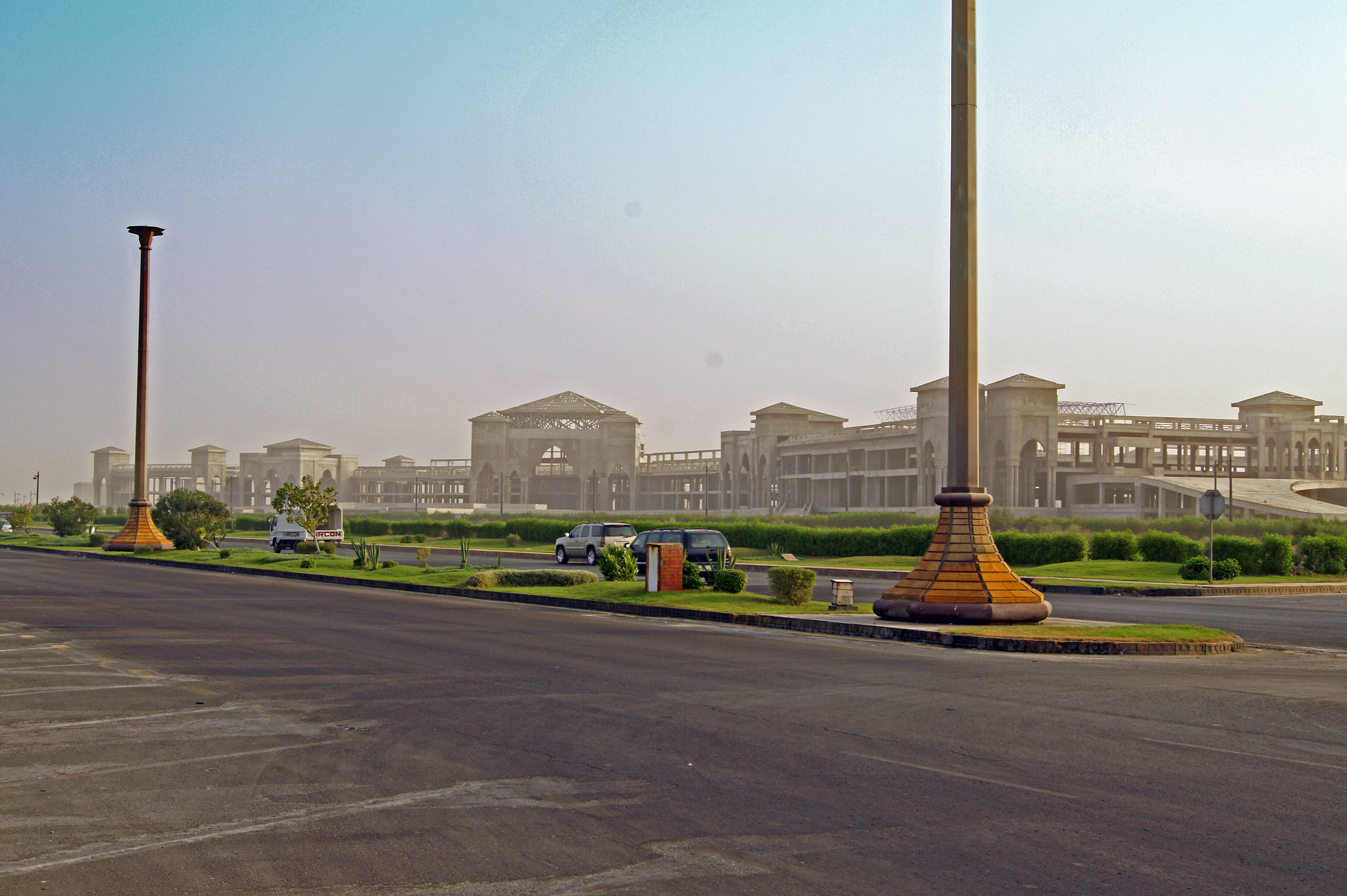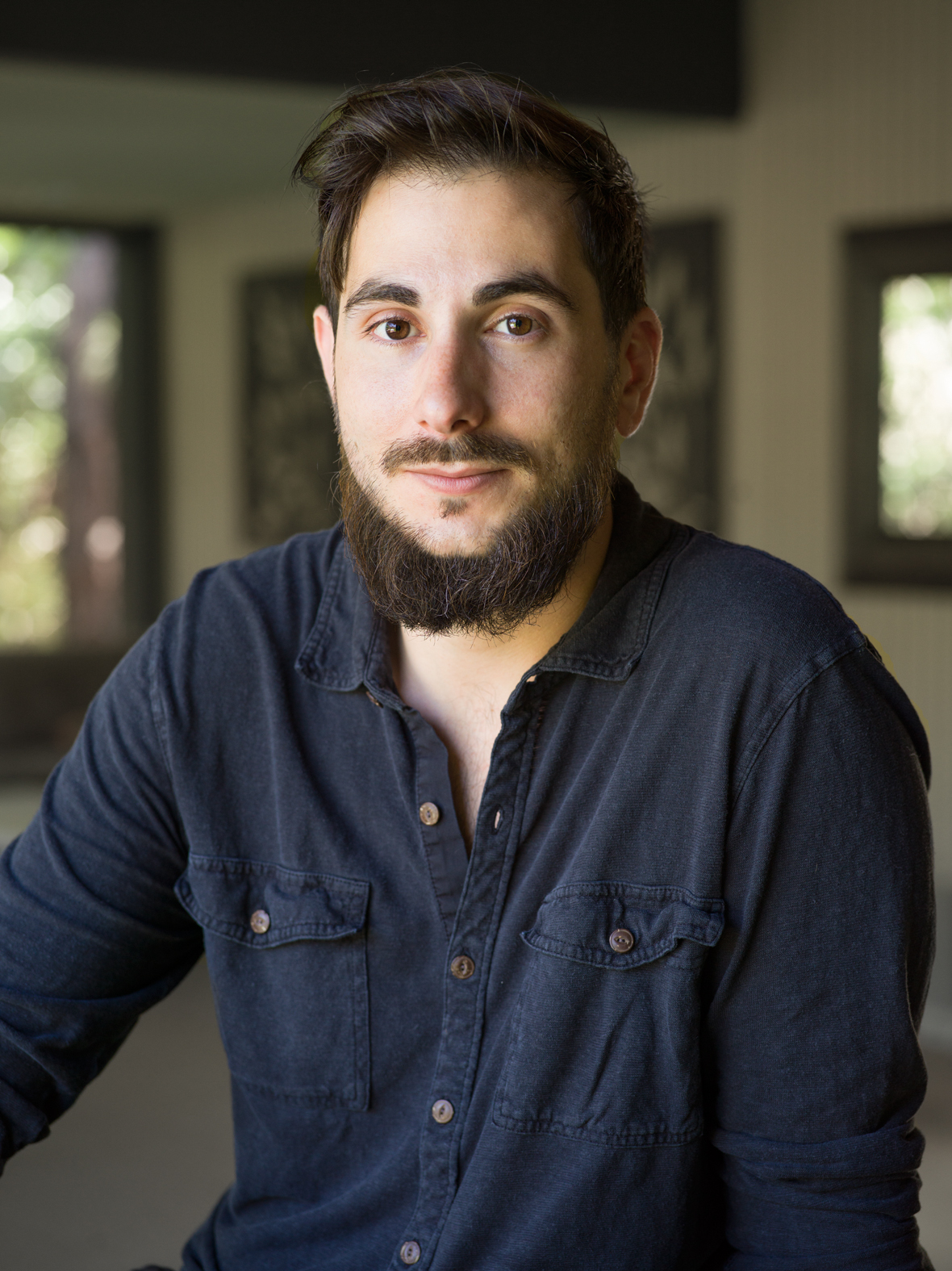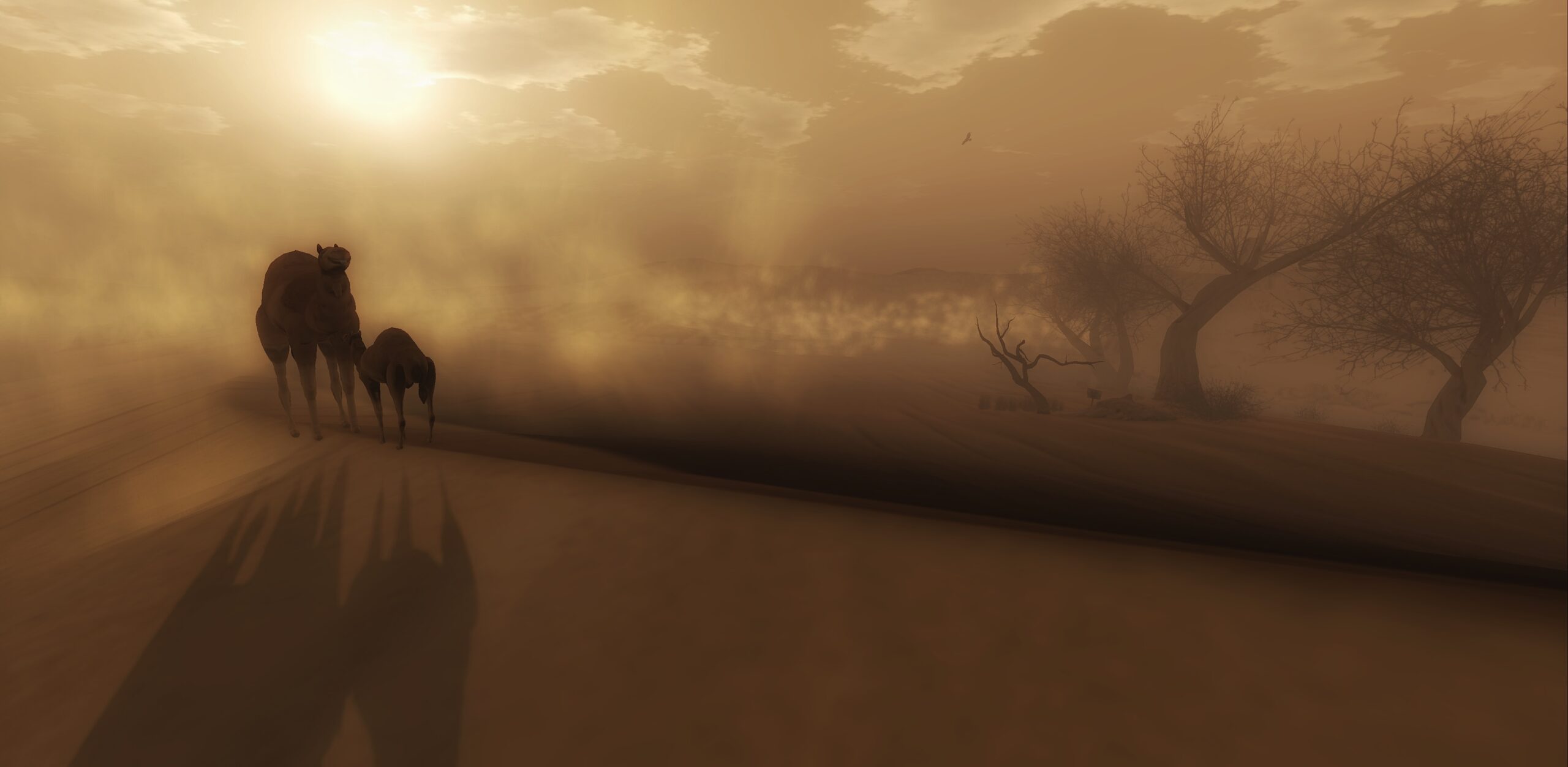On November 3rd at 4:30pm EDT, join The Common for the virtual launch of Issue 22! Contributors Mona Kareem, Keija Parssinen, Tariq al Haydar, and Deepak Unnikrishnan will join us from all around the world to read their pieces from our Arabian Gulf portfolio, followed by a conversation about place and culture, hosted by the magazine’s editor in chief Jennifer Acker and portfolio co-editor Noor Naga. This event is co-hosted by Amherst College’s Center for Humanistic Inquiry and sponsored by the Arts at Amherst Initiative.
REGISTER
After registering, you will receive a confirmation email via Amherst College, containing information about joining the event. If you’d like to preorder Issue 22, you may do so here.
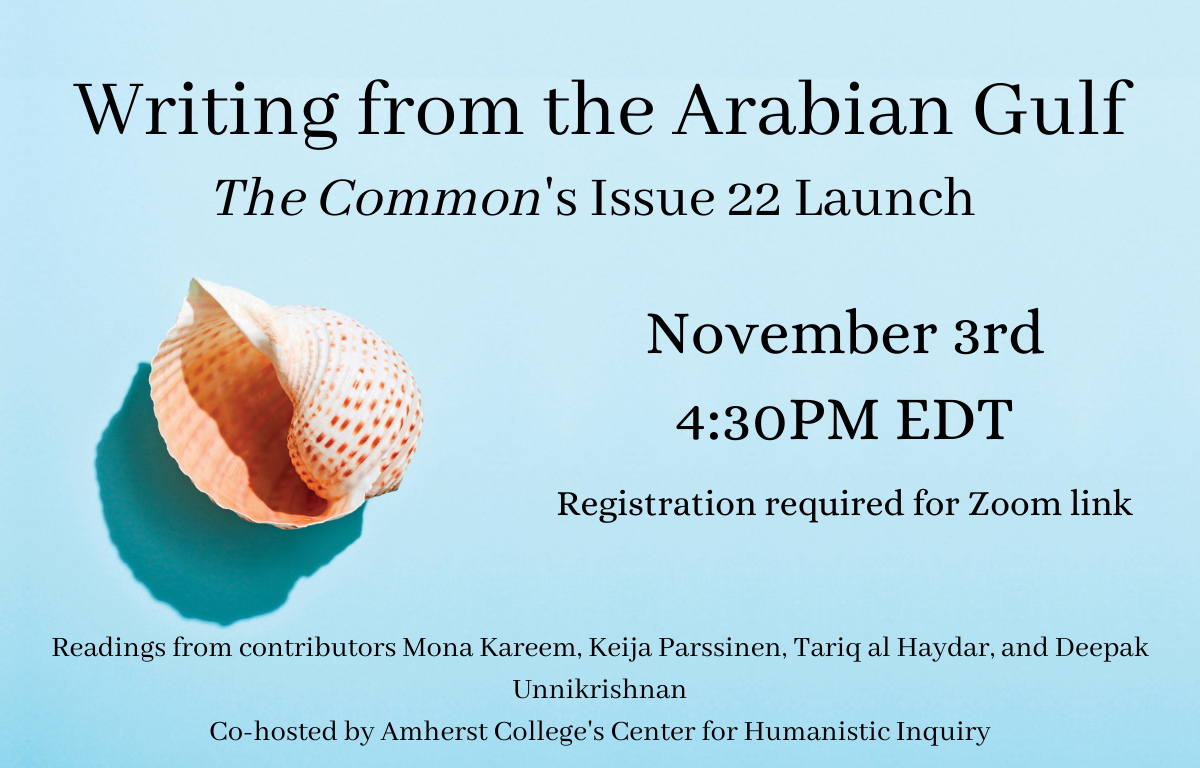
Mona Kareem is the author of three poetry collections. She is a recipient of a 2021 NEA literary grant and a fellow at the Center for the Humanities at Tufts University. Her work appears in The Brooklyn Rail, Michigan Quarterly Review, Fence, Ambit, Poetry London, Los Angeles Review of Books, Asymptote, Words Without Borders, Poetry International, PEN America, Modern Poetry in Translation, Two Lines, and Specimen. She has held fellowships with Princeton University, Poetry International, the Arab American National Museum, the Norwich Center for Writing, and Forum Transregionale Studien. Her translations include Ashraf Fayadh’s Instructions Within and Ra’ad Abdulqadir’s Except for This Unseen Thread.
Keija Parssinen is the author of the novels The Ruins of Us, which received the Michener-Copernicus Award, and The Unraveling of Mercy Louis, which earned an Alex Award from the American Library Association. She is currently an assistant professor of English and creative writing at Kenyon College.
Tariq al Haydar‘s work has appeared in The Threepenny Review, North American Review, DIAGRAM, Beyond Memory: An Anthology of Contemporary Arab American Creative Nonfiction, and other publications. His nonfiction was named as notable in The Best American Essays 2016.
Deepak Unnikrishnan is a writer from Abu Dhabi. His book Temporary People, a work of fiction about Gulf narratives steeped in Malayalee and South Asian lingo, won the inaugural Restless Books Prize for New Immigrant Writing, the Hindu Prize, and the Moore Prize.
